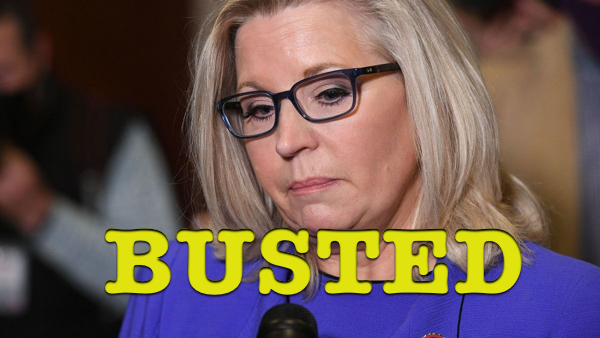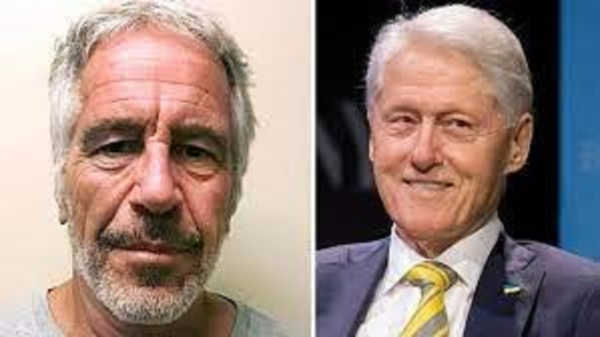Opinion| On Monday, Rep. Doug Collins (R-GA) released the transcripts of nine key former FBI and DOJ officials who were central figures in the House investigation, under the then-Chairmanship of Devin Nunes.
Today I’m releasing the remaining interview transcripts from @JudiciaryGOP’s investigation into decisions made at the Department of Justice and FBI. To read the transcripts, visit https://t.co/EcAYT7JPdA. pic.twitter.com/kYy9YKSIZI
— Doug Collins (@RepDougCollins) May 20, 2019
One of those transcripts was of testimony given by Former FBI Deputy General Counsel Trisha Anderson.

Anderson told investigations that she was normally responsible for signing off on Foreign Intelligence Surveillance Act applications before they reached the desk of her superiors for their approval.
But, Anderson said the Carter Page application was not handled the normal manner.=
The first application, the one from October 2016, was signed off on by FBI Deputy Director Andrew McCabe and Deputy Attorney General Sally Yates before the application reached her desk.
Because the sign-offs from those high-level officials, Anderson said she didn’t see the need to “second guess” the FISA and did no corroborative work of her own.

After the surveillance warrant was granted, three renewals were subsequently approved.
Under questioning Anderson explained that all applications to the FISC must first be signed off on by the FBI’s National Security Law Branch.
Anderson acknowledged that she was the “Senior Executive Service approver” for the “initiation” of the Page FISA. That required her to determine whether legal sufficiency existed for the application.
However, Anderson stressed that in the case of the Carter Page application, she decided that wouldn’t be necessary because both her boss, and her boss’ boss had already reviewed and approved the application.
The former senior FBI attorney, said that FISA approvals are typically “tracked in a linear fashion” and that someone in the Senior Executive Service “is the final approver on hard copy before a FISA goes to the director or deputy director for signature.” She said the Page FISA was approved outside regular procedures.

Anderson emphasized “this one was handled a little bit differently in that sense, in that it received very high-level review and approvals — informal, oral approvals — before it ever came to me for signature.”
FUBAR!










